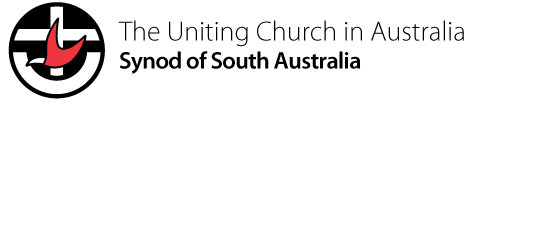The wait of wanting
by Caryn Rogers
Most children assume that someday, they will grow up, marry and have children of their own.
As adults, it’s very easy to continue to assume that when the time is right, we will marry, conceive and bring up our own children.
But, many of us will know someone for whom this has not been the case. Here are two such stories, less commonly discussed when we think of ‘parenting & childhood’, but especially important to tell.
Julie
For Julie Hoyle, the eldest of four girls, she had always gravitated towards mothering and nurturing roles.
At 22, after marrying David, Julie assumed that the family thing would be a natural progression. But after trying for about three years, the Hoyles sought help from their GP - they were referred to a specialist.
The young couple had a low chance of conceiving naturally – about 10% - and with reproductive technology in its own relative infancy, synthetic support would only raise their chances to around 20%.
Nothing was working, but they kept trying to balance their desire for children with an active investment in their present situations, enjoying work and sharing their lives with others.
But, while being a good auntie and friend was somewhat fulfilling, Julie still wanted her own children.
“The thing I found the hardest was that I had this image of me having my own baby. As a self-protection thing I couldn’t visit my friends after they’d just had their babies – it was too hard. I had to wait a while to visit them.”
From 1995-97 – the ‘IVF Years’ as Julie and David coined them – came and went; still with no children.
After 17 years of trying, on and off, Julie and David fell pregnant, and at age 41, Julie gave birth to William James Lloyd Hoyle.
Julie found it incredibly helpful to talk through her circumstances with trained counsellors and some trusted friends.
“I have some good friends that just listened and didn’t try to fix anything. You can’t ‘fix it’, but you can help by being aware of what’s going on and listening.”
Anna*
Anna assumed that she’d have children if she met the right person.
She met Mr Right a little later in life, so as soon as they married, her and her husband started trying to get pregnant. They sought help in this fairly quickly, knowing that the chances of a 40+ year old woman falling pregnant naturally were slim.
They went down the IVF path. Four times. They looked into adoption but were rejected because they were newlyweds. By the time they would reach the minimum marital years, Anna would be deemed ‘too old’ to be an adoptive mother.
“We went into it with the approach that, given my age, it was always going to be an uncertainty, but we had to give it a go,” Anna recalls. “We didn’t want any regrets.”
At age 43, Anna and her husband stepped off their emotional rollercoaster and decided to stop trying, knowing that the chances of successful IVF dropped significantly after that age– and would continue to drop.
The couple found that they didn’t really want to discuss their experiences with many people at all.
“We really only talked to another couple who’d been down this path. I ended up shutting up altogether.“
“After a while, you get sick of telling people. You’re disappointed; they’re disappointed. That’s why we took the conscious decision not to tell our families or most of our friends.”
Anna takes courage from Paul’s words in Philippians 4:12, ‘I have learned the secret of being content in any and every situation...’
“It’s ok to be sad about it – you don’t have to put on a cheery face. It’s important not to lose sight of what you’ve already got though and focus on the positive rather than the negative.”
“For us, we focus on our relationship with each other and make sure that that’s always great.
“We take much joy from that.”
Both women are aware that many – both women and men – suffer under the weight of wanting to have children, and note the importance of prayer throughout the trying process.
Julie felt the need to pray and keep praying. “I prayed for kids. I kept praying for peace to help me be ok about not having kids. I’m sure that did help. I also consciously prayed that if we weren’t supposed to have children that I would feel a lot better than I was.”
For Anna, prayer was like a double-edged sword at times. “As kids we get this image that if we pray for something it will happen – the reality is it doesn’t always. When it didn’t, it was difficult trying to reconcile that with my understanding of God. I certainly remember needing to pray through my anger with God.”
Julie is a beaming, hard-won smile of persistence; Anna, a resilient, determined joy.
*Name changed for privacy reasons
